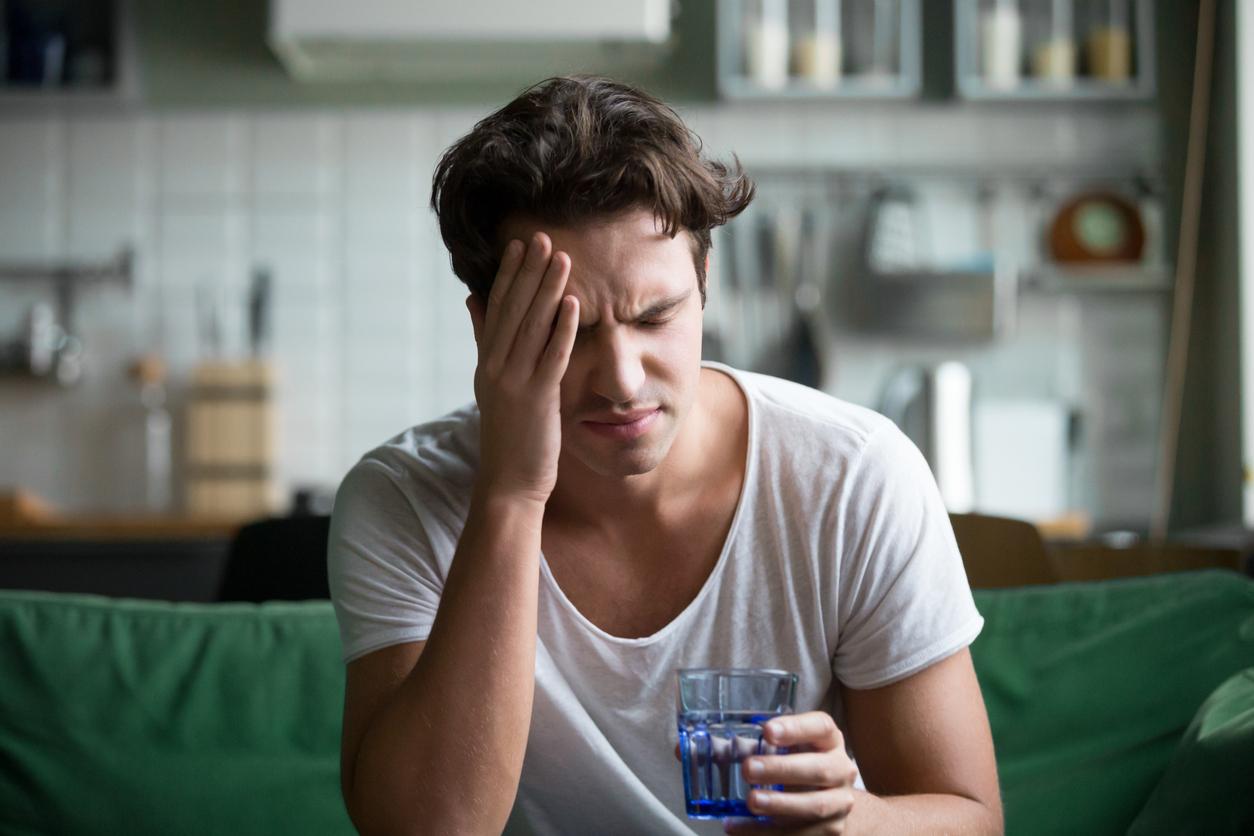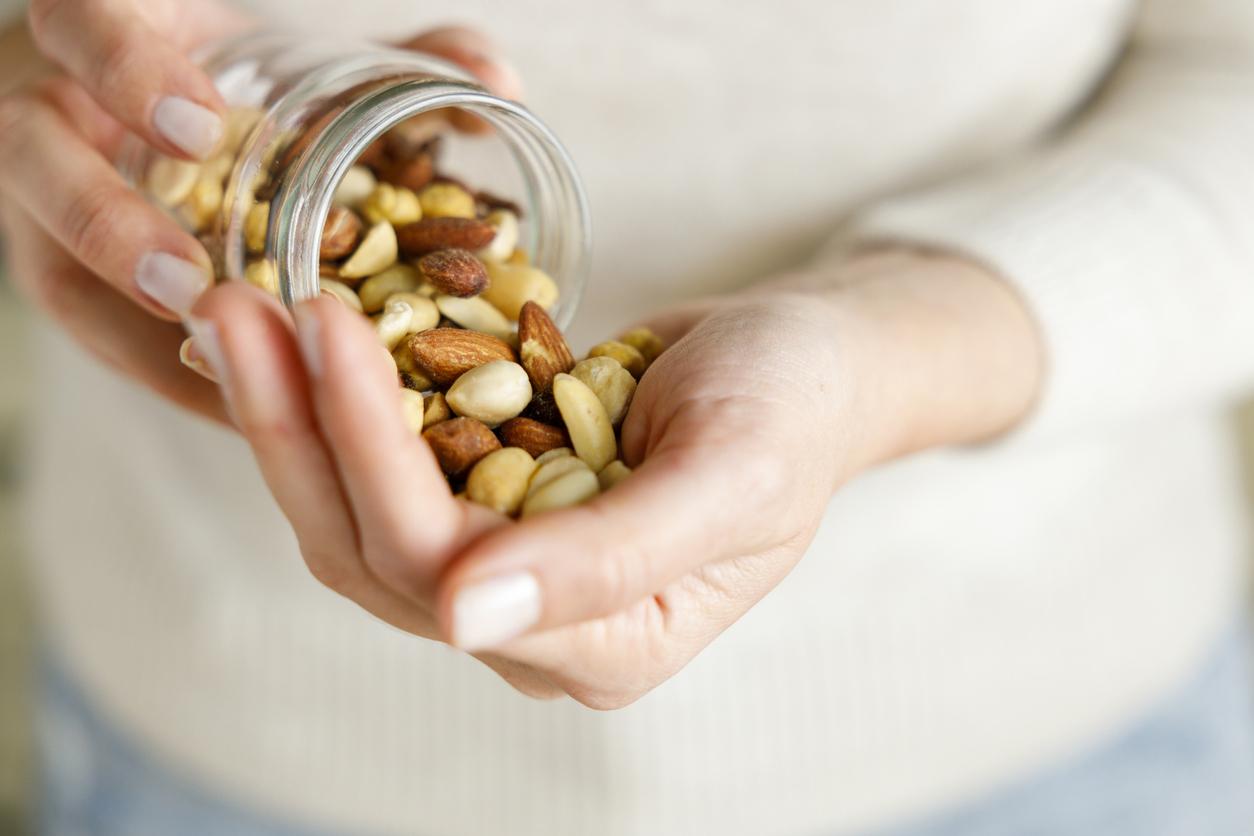Researchers have genetically modified a probiotic to reduce the adverse effects of excessive alcohol consumption.

- Excessive alcohol consumption causes a hangover.
- An enzyme called ADH1B accelerates the breakdown of alcohol in the body.
- In a study on mice, researchers genetically modified a probiotic to express this enzyme, which allowed them to recover more quickly from alcohol exposure.
Headaches, nausea and fatigue… Hangovers are linked to excessive alcohol consumption. Chinese researchers have found a solution to reduce these symptoms. In the specialist journal Microbiology spectrumthey explain that they have developed a genetically modified probiotic to alleviate hangovers and reduce the negative effects of alcohol on the body.
Chinese scientists started from an observation: the human body uses an enzyme, called “alcohol dehydrogenase” or ADH, to metabolize alcohol. But it can take many forms and some are more effective than others. “Some studies have shown that a form called ADH1B, found primarily in East Asian and Polynesian populations, is 100 times more active than other variants“, they explain in a communicated. Tests on viruses capable of generating the expression of ADH1B have been carried out but they were inconclusive in humans.
Hangover: the probiotic would reduce the damage caused by alcohol
The research team decided to use another vector: probiotics. They worked on the Lactococcus lactis, a bacterium often used in fermentation. Using a molecular cloning technique, they introduced the human ADH1B gene into a strain of it. Next, the researchers tested the probiotic on three groups of five mice, exposed to different levels of alcohol.
In the group of untreated mice, the signs of drunkenness appeared after 20 min. “When mice were placed on their backs, for example, they were unable to get back on their feet“, explain the authors. In the group that received the ADH1B-expressing probiotic, half of the mice were still able to roll over an hour after alcohol exposure.”A quarterback never lost his ability to turn around”note the scientists.
Other trials showed that two hours after exposure, blood alcohol levels in the control group continued to rise, while those in the probiotic-treated mice began to fall. In parallel, the researchers found that the treated mice had lower levels of lipids and triglycerides in their livers,”suggesting that the probiotic may mitigate alcohol-induced damage to this organ“, they indicate.
It could be used in the treatment of liver diseases
“We are excited about the benefits of probiotics in alcohol-induced acute liver and bowel injury.”, explains Meng Dong, lead author of this research. While these early results are encouraging, scientists have yet to test the probiotic’s effectiveness in humans. But if the effects are the same, it could reduce health problems related to alcohol consumption and it could also be used in the development of new treatments for liver disease.
















